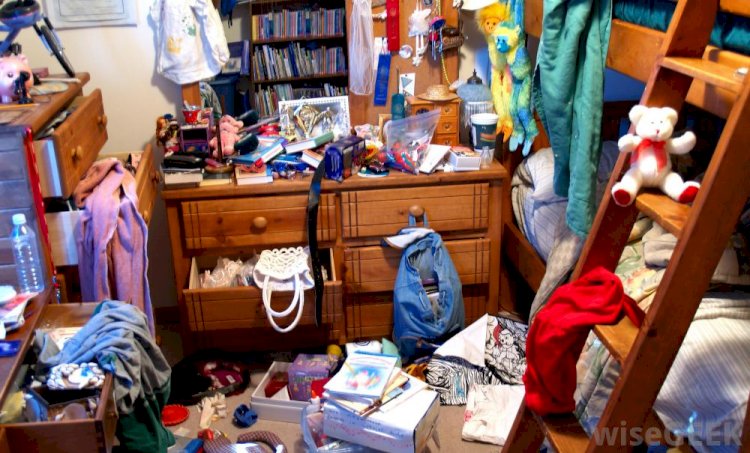Tips for Getting Kids To Clean Their Rooms

It’s a battle that is waged in millions of households across America every Saturday morning. Mom or Dad or both say, perhaps gently the first time, “Okay, guys. It’s time to clean up your rooms.” The kids whine, dawdle, get distracted, or outright go on strike. As the morning wears on, the reminders get increasingly loud and more demanding. “How many times do I have to tell you to clean up this mess? You’ll get it done and NOW or ELSE!”
Parents feel they have to impose some order. Kids want their rooms to be their own – messy – castles. The struggle escalates. Threats get made. Kids comply a little. Parents scold a lot. Eventually everyone is in a bad mood. Sometimes parents give up in exhaustion or do most of it themselves in frustration. Sometimes the kids do it, or do it enough, if only to get their parents off their backs, to avoid consequences, or to get on with things that are more fun. Another Saturday, another round.
Why bother? Because it’s our job. Teaching our kids how to keep their stuff in order, whether they have a room or a corner of their own, puts important deposits in their bank of skills for being a grownup.
Establishing regular routines provides some predictability and stability in life. Knowing how to make and keep order will stand them in good stead during adult life challenges. Making a bed when in the midst of difficult times may seem trivial. But knowing how to go through the motions and create a place that is peaceful are important skills for getting us through hard times.
Insisting on putting things in order also teaches kids to be responsible for their things. When we show them how to keep things safe, when we teach them how to mend and repair things that are in disrepair, when we encourage them to take the time to organize what they value, we are making the abstract concept of “responsibility” into a concrete set of actions.
Whistling while we work teaches our kids that doing chores isn’t odious; that there is pleasure in taking care of our things; that taking loving care of what we’ve been given is a way to love back those who have given them to us.
Those who are the most professionally successful tend to be those who know how to manage people, money, and stuff. Teaching our kids how to tidy up regularly, calmly, and eventually without prompting, contributes to mastery of one of these important three skill areas. Teach your kids how to organize today and you may be ensuring career success tomorrow.
Writer: Marie Hartwell-Walker
Source: extract from Psychecentral.com












